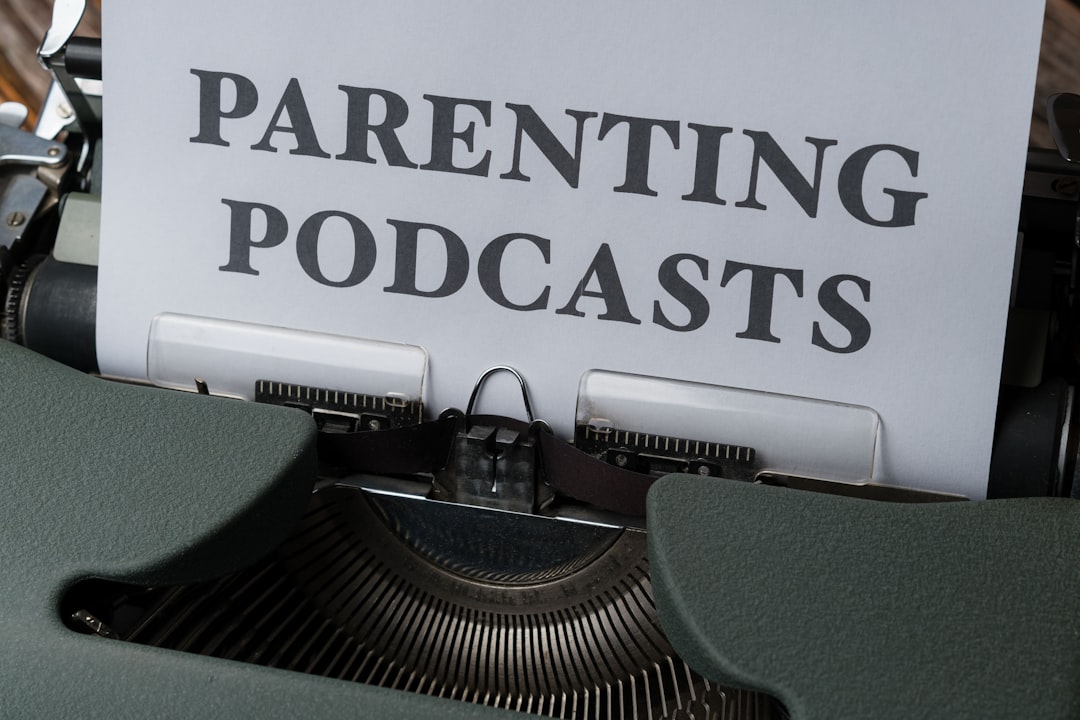Parenting and education are two of the most critical aspects that influence a child’s development and their path to success in adulthood. The approach a parent or educator takes can shape not only academic performance but also personal and social skills. This article delves into the nuanced art of parenting and diverse educational styles, exploring how best to mold these practices to nurture well-rounded, competent, and happy children.
The Symphony of Authoritative Parenting
Authoritative parenting strikes a balance between permissiveness and strictness. Parents who adopt this style maintain high expectations for their children but provide a lot of support and open communication to meet these standards. The key is empathy combined with discipline, creating an environment where children feel secure yet challenged. This approach has been linked to higher academic performance, better emotional regulation, and stronger social skills. The nurturing yet assertive nature of authoritative parenting helps children develop resilience and a positive self-concept, equipping them for varied life challenges.
Customizing Education to Child’s Needs
Every child is unique, with different strengths, weaknesses, and learning styles. Tailoring education to fit individual needs can greatly enhance a child’s learning and enthusiasm for education. This might involve differentiating instruction in the classroom, where teachers adjust their methods and materials to cater to a diverse range of learning styles and abilities. At home, parents can supplement their child’s education with activities that align with their interests and strengths, such as musical instruments for auditory learners or puzzles for visual-spatial thinkers.
The Role of Experiential Learning
Experiential learning, or learning through doing, has gained traction for its effectiveness in deeper knowledge retention and application. This style supports the idea that children learn best when they are actively involved in the learning process, using all their senses to explore and understand the world around them. Schools that incorporate experiential learning typically use techniques like field trips, experiments, or role-playing. These activities make learning exciting and relevant, and they help children develop critical thinking and problem-solving skills crucial for real-world success.
Emotional Intelligence in Education
Integrating emotional intelligence training into both parenting and education systems is pivotal. Emotional intelligence—the ability to understand, use, and manage emotions positively—helps children navigate social complexities, lead and motivate others, and make personal decisions that achieve positive results. Parents and teachers can foster emotional intelligence by modeling empathetic communication and encouraging children to express and manage their emotions effectively. Programs and curricula that incorporate conflict resolution, stress management, and empathy can build a foundation for better interpersonal relationships and personal well-being.
Technology as a Tool, Not a Distraction
In our digital age, technology can be a double-edged sword in the realm of education. While it offers incredible resources for learning and development, its misuse can lead to distractions and reduced physical activity. Parents and educators must therefore be vigilant in how technology is integrated into children’s lives. Used wisely, technology can enhance learning through interactive software, educational apps, and access to a vast array of information. However, it’s crucial to establish boundaries and encourage active, screen-free time to ensure that technology serves as a tool for learning enhancement rather than a barrier.
Nurturing a child through thoughtful parenting and tailored educational approaches can significantly influence their development into capable, confident, and caring adults. By understanding and implementing these diverse strategies, we can provide children with the tools they need to succeed in an ever-changing world.






